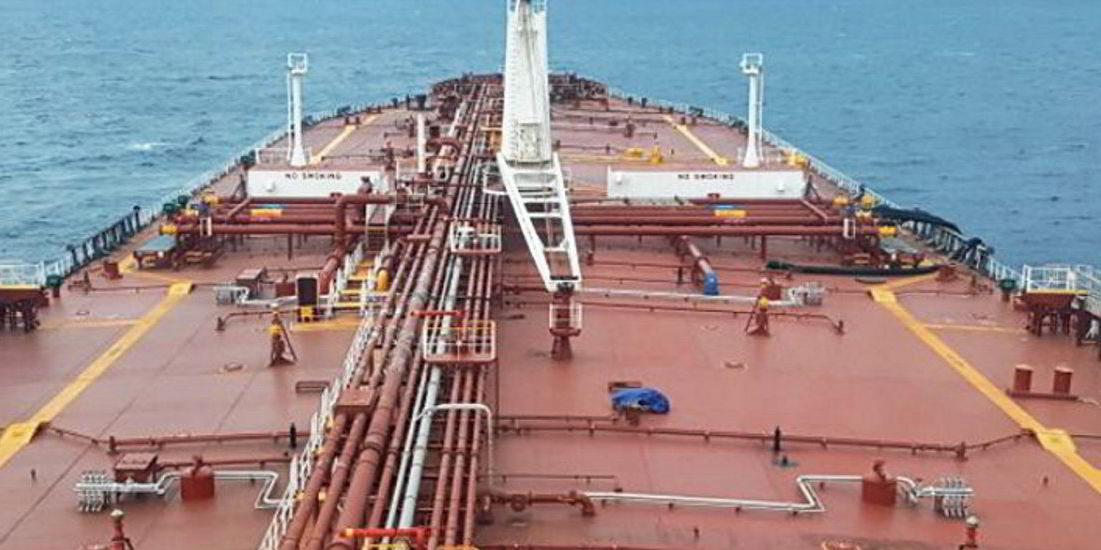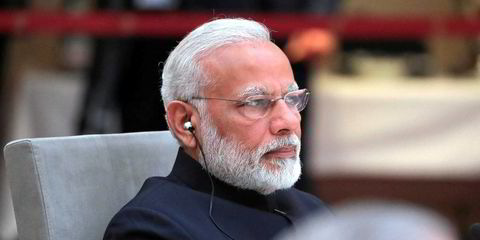UK shipbroker Gibsons has some potential good news for VLCC owners as Russian export volumes look set to fall.
A possible drop in crude and product cargoes has been attributed to production cuts, Ukrainian attacks on refineries and shipowners’ increasing reluctance to handle Russian oil due to sanctions pressure.
If Russian export volumes fall, buyers in India and China will be forced to seek replacement barrels from the Middle East and the Atlantic, the London shop said, which may lend support to the VLCC sector.
“However, the biggest impact is likely to be seen in the suezmax and aframax sectors, where a significant number of vessels, capable of trading Russian barrels and in the conventional trade, could migrate back into the mainstream market,” it added.
This will coincide with the easing of seasonal Turkish Straits delays, multiplying the downward pressure, Gibsons argued.
“Overall, tighter enforcement of the price cap threatens to shake up the business model established since 2022, with the brunt of the impact felt by the mainstream market,” it said.
Russia is expected to make additional cuts of 471,000 barrels per day on top of existing cuts of 500,000 bpd. February output was 9.5m bpd, according to government officials.
This should keep Russian oil pricing firmly above the G7 price cap, according to Gibsons.
“This comes as the Russian market is becoming increasingly more difficult for many players to get involved with; as sanctions enforcement increases, things could become even trickier going forward,” it said.
Further incentives to pull out
“The expectations of even further sanctions and compliance requirements going forward will add only further incentive to pull back from Russian-linked oil trades.”
Earlier on Monday, TradeWinds reported US broker Poten & Partners as saying Moscow is attempting to counter these developments by looking for alternative buyers.
A VLCC recently delivered a cargo of Russian crude to Venezuela, while other buyers have been found in Pakistan, Ghana and Brunei.
However, Poten said it will be a challenge to replace the volumes of India and Turkey if they decide to cut back their purchases.
“Much higher discounts may be needed, or more Russian crude risks being stranded,” it added.






